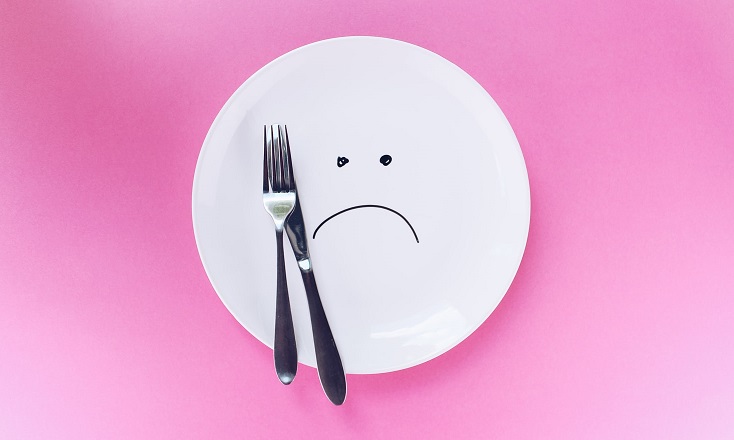
There are plenty of opinions out there, when one talks about losing weight. Whether you hear about a new weight loss trend over the Internet, a gym-going friend or an influencer on Instagram, there may be myths mixed up amongst real health facts. Read on to learn the truth behind some common myths!
Myth 1: Eat less, move more

The idea behind this myth is that we need to burn more calories that we consume in order to lose weight. This is scientifically proven. However, the myth takes it to extremes as one imagines a strict diet plan and an unforgiving workout routine.
Food should not be seen as the enemy. We need to eat a variety of food groups to obtain the essential nutrients we need, such as proteins in milk or eggs; carbohydrates in pasta or rice; and even fats in olive oil or butter. Each works differently to provide what our body needs. Rather than cutting down drastically on what we eat, a balanced intake of these nutrients keeps us healthy.
Additionally, while exercise has its benefits, an overemphasis on working out might not be practical and could end up leading to injuries.
Instead of this myth, a better and more sustainable approach to weight loss would be to ‘Eat A Balanced Diet & Move Frequently’.
Myth 2: Eating carbs at night leads to weight gain

Carbs are often misunderstood as the reason behind weight gain and people might tend to avoid carbs entirely during dinner.
However, there’s more benefit than harm when consuming carbs at night. Carbs provide the energy we use daily and support essential functions like moderating stress levels and repairing tissues. Wholegrains, vegetables and whole fruits are good options to fill your plate with.
What we should cut down on are refined carbs, such as pizza and junk food. Unlike wholegrain products, refined carbs have less nutritional benefits, as the process of refining grains can remove a lot of nutrients. Diets high in refined carbs have been linked to higher incidences of chronic conditions. Of course, there’s nothing wrong with having a slice of pizza or a bag of chips as an occasional treat. As with any type of foods, what’s important is to eat in moderation.
Myth 3: Just taking supplements alone can help me to lose weight

The promise of relying on weight loss supplements is appealing to many and is typically the go-to solution for most starting on their weight loss journey. Most supplements claim to either suppress your appetite or boosting your metabolism rate, which can lead to weight loss.
However, there have been many studies demonstrating that weight loss supplements have a limited effect. Additionally, ingredients in supplements may also have a detrimental impact on our lifestyle. For example, supplements containing caffeine could induce insomnia which affects sleep quality.
Unfortunately, there are no short-cuts and taking supplements isn’t the answer. What is important is to maintain a nutritious diet and to exercise regularly
Myth 4: Celery juice helps to burn more body fat than calories consumed

Celery juice has gained widespread popularity for its supposed ability to help weight loss. Advocates claim that consuming 475ml of juice (approximately 9 stalks) every morning on an empty stomach will burn more fat cells stored in our livers. This claim is not scientifically backed and drinking celery juice alone will not help you to lose weight.
What we do know is that celeries are low in calories. A glass of celery juice contains around 90 calories and could certainly be a healthier drink alternative if you’re on a low-calorie diet. However, it shouldn’t be the only thing you’re doing to lose weight. Beyond drinking celery juice, losing weight requires a nutritious balanced diet and a consistent workout routine.
While having different sources of advice can be helpful, some claims are either too far fetched or lack scientific evidence. Speak to a doctor or dietitian over the DA app for a detailed understanding of what will work best for you.














